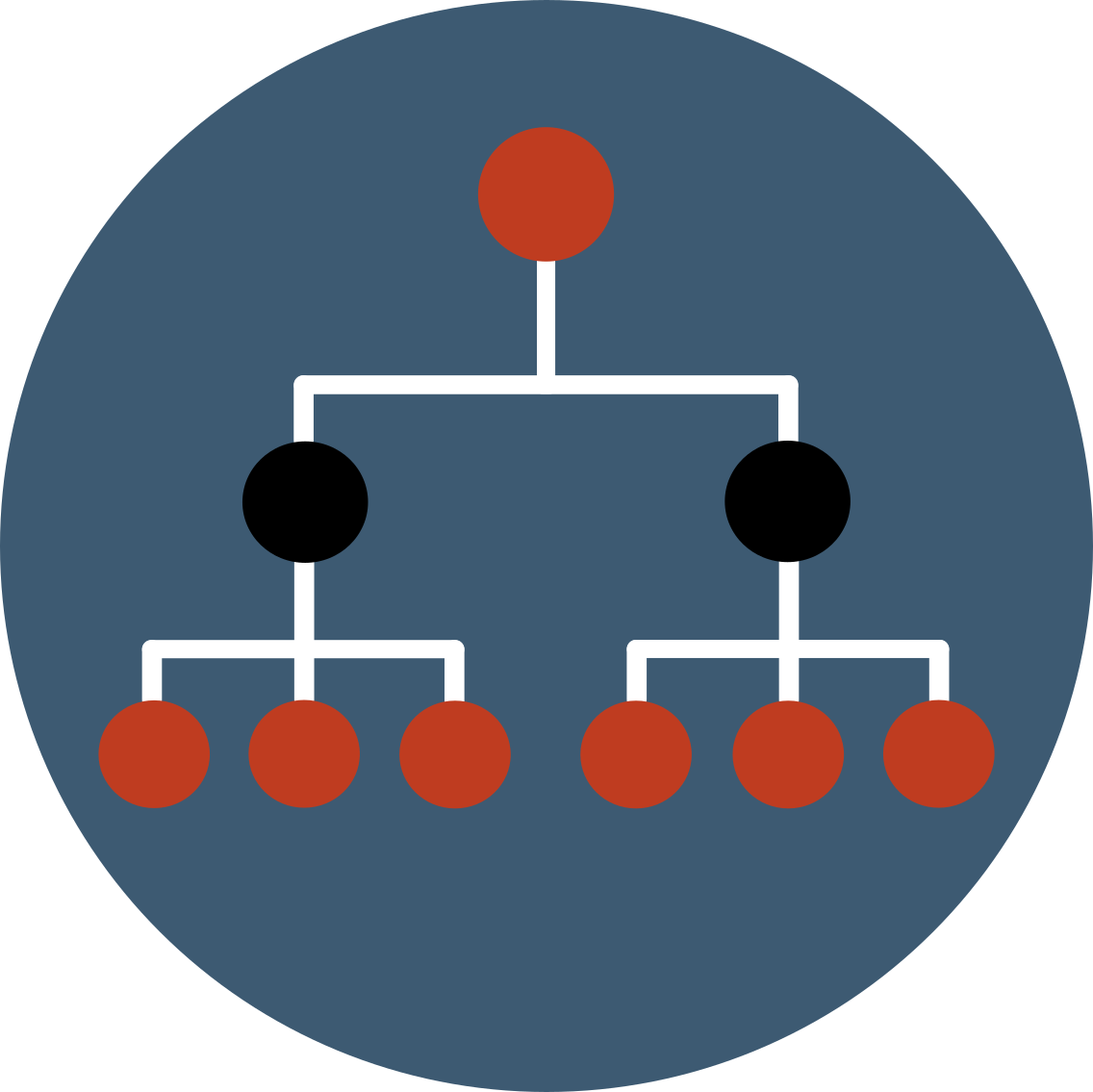SparqlClient Class
The SparqlClient class provides a ROS service to explore ontologenius with SPARQL-like queries. More...
| Header: | #include "ontologenius/clients/SparqlClient.h" |
| Namespace: | onto |
Methods
| SparqlClient(const std::string& name) | |
| std::pair<std::vector<std::string>, std::vector<OntologeniusSparqlResponse>> | call(const std::string& query) |
Detailed Description
The SparqlClient class provides a ROS service to explore ontologenius with SPARQL-like queries.
The variables start with the symbol ? (e.g. ?my_var) and each triplet is separated by a dot.
Methods Documentation
SparqlClient(const std::string& name)
Constructs a sparql client.
Can be used in a multi-ontology mode by specifying the name of the ontology name. For classic use, name should be defined as "".
std::pair<std::vector<std::string>, std::vector<OntologeniusSparqlResponse>> call(const std::string& query)
Basic query Examples
The general structure is always the same:
SELECT * // or ?x to get specific variables
WHERE {
// pattern
}
You can also add the DISTINCT keyword just after the SELECT to ensure unique results. The following blocks are examples of possible patterns.
Bedroom isA ?type
names: [type]
results:
- values: [Room]
Give to class of Bedroom.
?table isA Table
names: [table]
results:
- values: [Table2]
- values: [Table1]
Give all the tables.
Table1 isIn ?room
names: [room]
results:
- values: [Bedroom]
Give all the individuals for which the individual 'Table1' is in it.
?object isA Table. ?object isIn ?room
names: [object, room]
results:
- values: [Table2, LivingRoom]
- values: [Table1, Bedroom]
Give all the individuals that are tables and the room in which they are.
Query with negation
?object isA Table NOT EXISTS { ?object isIn LivingRoom }
names: [object]
results:
- values: [Table1]
Give all the individuals that are tables and not in the living room.
